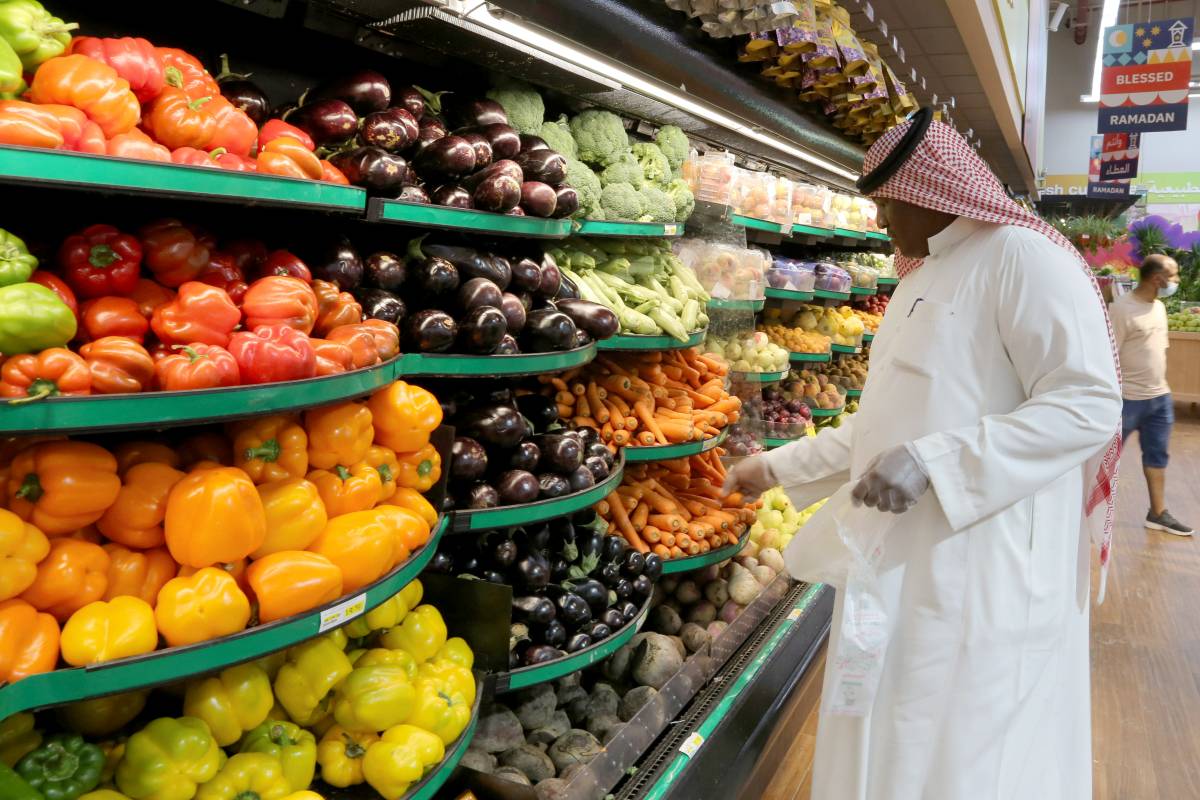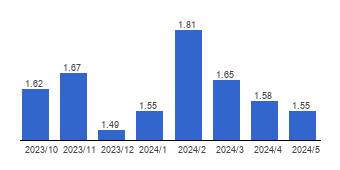Saudi Arabia inflation remains at 1.6%
Effective government policies have successfully mitigated the impact of international price hikes on domestic market

Riyadh: Inflation in Saudi Arabia has remained at 1.6%, for straight three months until May. The prices of commodities rose by 0.2% in May and April, as reported by government data.
Analysis by different publications reveals that while food and non-alcoholic beverage prices accelerated slightly due to reduced government subsidies, overall inflationary pressures remained constrained. This upward trend was counterbalanced by a notable decline in transport costs.
Housing rents rose 10.5% from a year earlier underpinned by a 14.3% rise in apartment rents, according to the General Authority for Statistics. This trend was fuelled by population growth following recent visa reforms and rapid non-oil economic expansion.
Meanwhile, costs in housing, water, electricity, gas, and fuels collectively rose by 8.7% over the previous year.
Prices of clothing and footwear fell 4% from the previous year, and vehicle purchase prices dropped 4.1% to bring overall transportation costs down by 2.4%.

Image credit: GlobalInsights
Food and beverage prices increased by 1.4% annually, while prices in hotels and restaurants rose by 2.5%, influenced mainly by a 1.9% uptick in food service costs.
On a global scale, Saudi Arabia's inflation rate remains relatively subdued, staying below 2% year-to-date, due to the effective government policies that mitigate the impact of international price hikes.
This measured approach contrasts with more pronounced inflationary trends seen elsewhere globally.